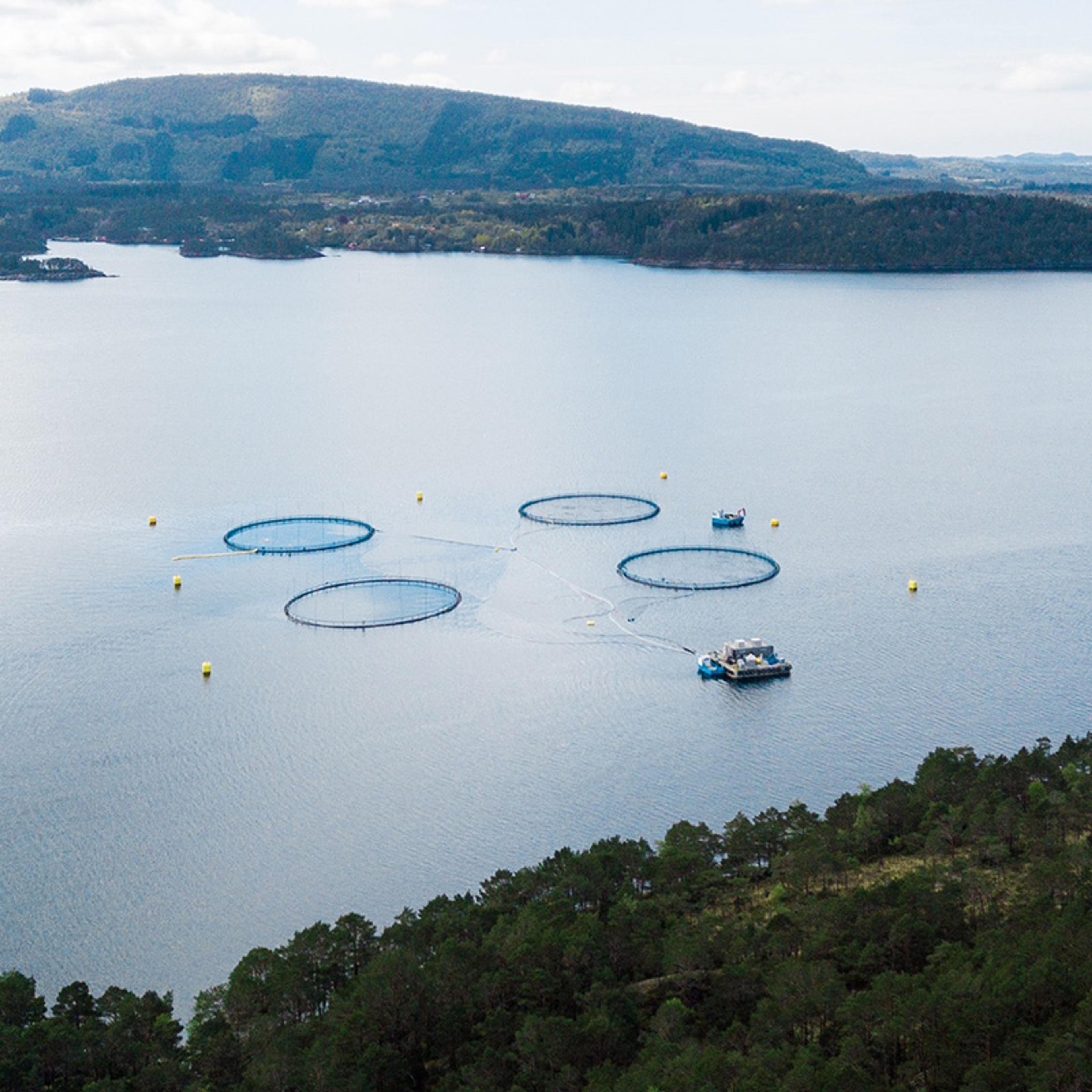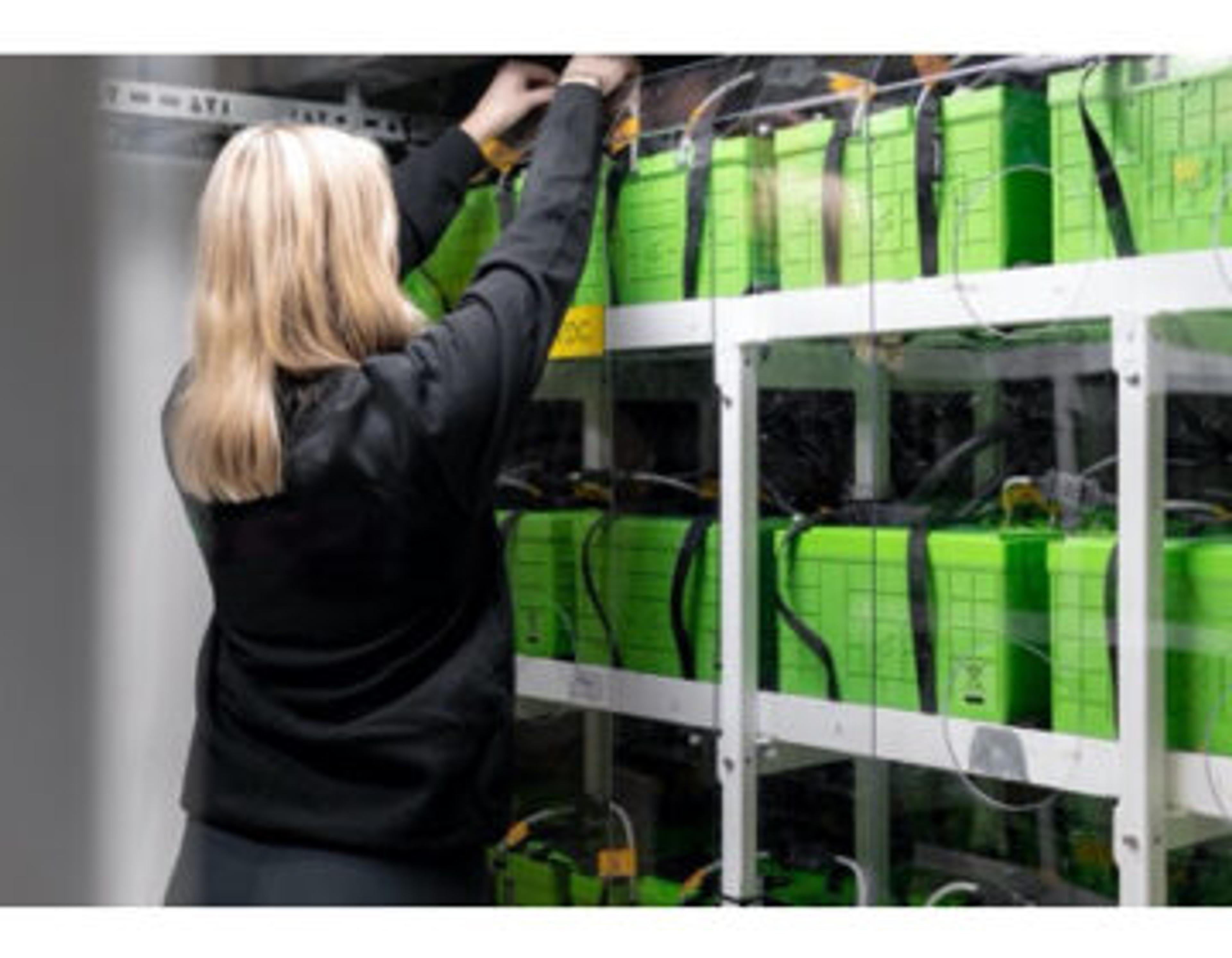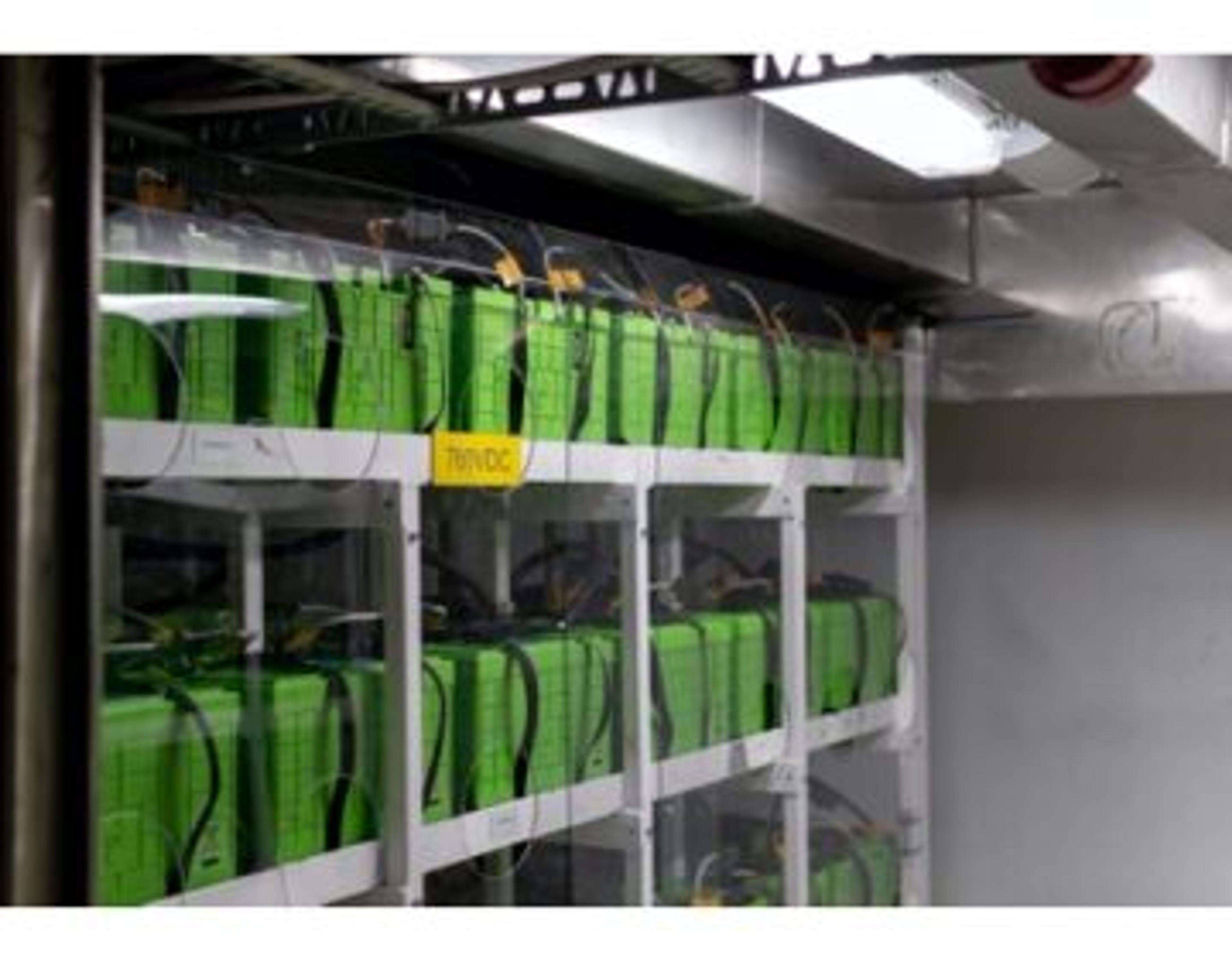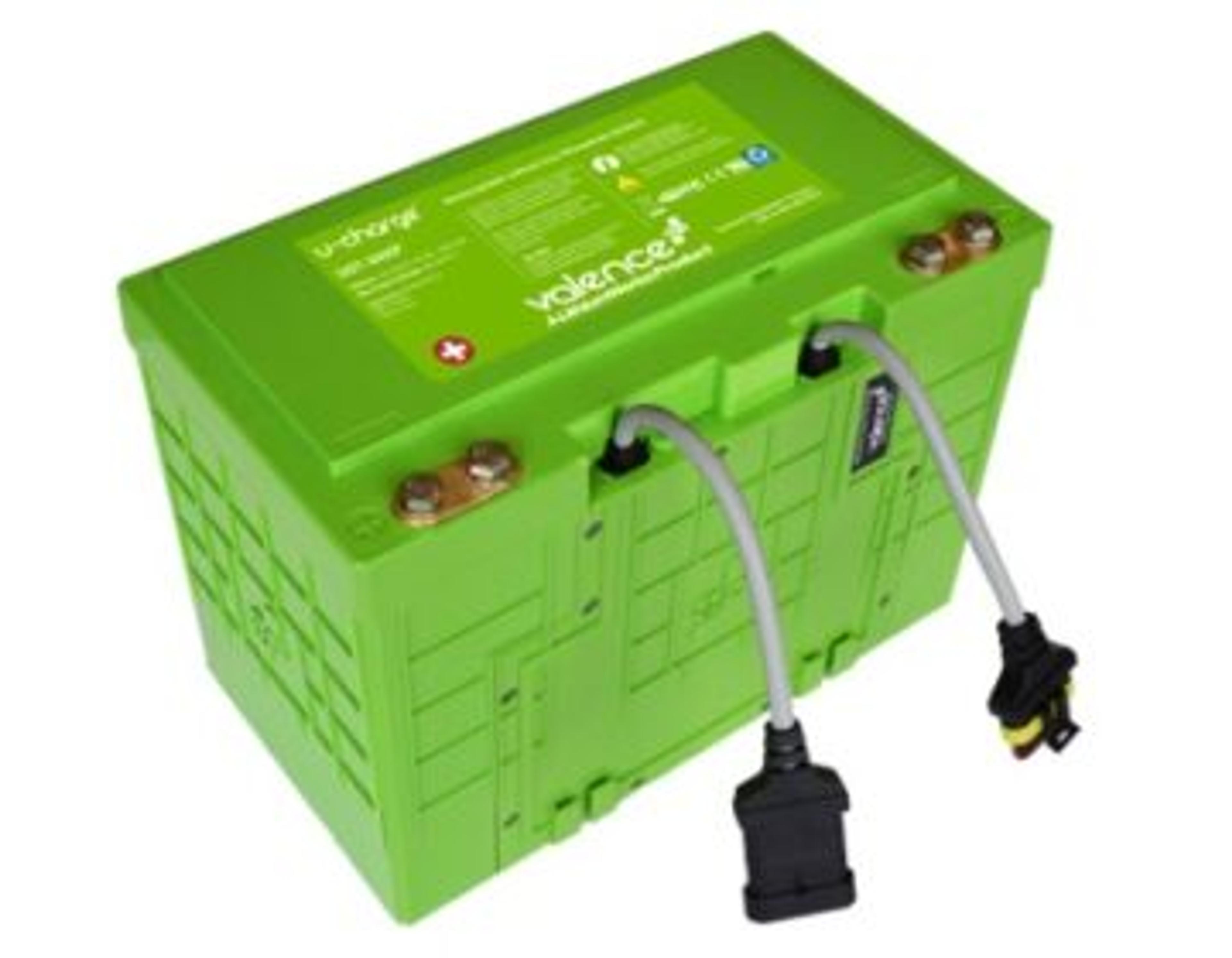Lithium Iron Phosphate battery technology enables sustainable fish farming

The planet’s oceans are at a critical moment. The scale of human impact on aquatic life is becoming more apparent and is now being felt every day by communities who depend on the largest natural resource. Whether it is damage caused by industrial waste and fossil fuel pollution, or chronic over-fishing, it appears that drastic steps need to be taken to reduce human impact on this fragile ecosystem. Coupled with an ever-rising population, which acquires a varying percentage of its calorific intake from fish and other ocean life, it is clear that steps need to be taken to find a balance between feeding global population, remaining economically competitive and minimizing ecological damage.
Aquaculture offers one alternative to traditional industrial fishing practices. By breeding, rearing, feeding and harvesting fish in a contained location, it removes the need for large, diesel-powered trawlers to be sent out to sea. Reducing active fishing trawler numbers also reduces negative by-products of industrial fishing, such as pollution, bycatch, habitat destruction and the amount of derelict fishing gear left behind.
Currently, in Europe, aquaculture accounts for 20% of all fish production and employs around 70,000 people directly. Each year is seeing a 7% increase in aquaculture capacity. The long-term employment and food production possibilities offer key economic drivers for further investment in the industry; however, for the industry to truly thrive, sustainability issues must be addressed.



No More Diesel
Drawbacks, from a sustainability point of view, emerge from aquaculture’s use of diesel generators for processes such as feeding, lighting, and security. Lithion Battery has developed lithium iron phosphate battery technology to be used in aquaculture and other marine sectors to reduce, and even eradicate, the use of diesel. Using Lithion Battery’ U-charge batteries, progressive fish farms have created localized energy storage systems that are tailored to their voltage and runtime needs. These systems range from 96kWh to 150kWh and are located at several places along the Norwegian coastline. In Bergen, Norway, for example, a rack of 54 U27-24XP batteries provides 100kWh of energy on a feeding barge, allowing the diesel generators to be run for shorter periods of time and at higher efficiencies, thereby saving significant fuel and reducing emissions on the barge.
Finding a feasible solution
Lithion Battery’ modular design offers aquaculture the flexibility needed to add an electrified system to improve upon one based solely on fossil fuels. While reducing emissions is becoming a more important factor when implementing any changes, the viability of the solution and return on investment will continue to be the main driver for change. Decreasing the maintenance and replacement of diesel engines, through the use of batteries, reduces the overall operational costs of the fish farm. Furthermore, Lithion Battery’ customers have seen a reduction in diesel usage by up to 70% after implementing Lithion Battery-based systems.
Lithion Battery chooses to use lithium iron phosphate (LFP) over nickel manganese cobalt (NMC) due to the longer lifespan and robust nature of LFP chemistry. Having the availability of continuous power throughout the entire lifespan is paramount for fish farms and is achieved using LFP solutions. Electrical systems are heavily relied upon to maintain the health and functionality of the farm, thus requiring the backing of powerful, safe and reliable batteries.
Another advantage of using Lithion Battery batteries is that they do not use cobalt. Abstaining from the use of cobalt brings several benefits.
Firstly, with the global electric vehicle market (which relies heavily on cobalt-based lithium batteries) developing as rapidly as is being witnessed, NMC cell supplies are largely being directed towards that, instead of other markets. Using LFP provides greater confidence that long-term cell supply will not be suddenly cut-off or diminished in favor of the lucrative EV sector.
Secondly, sources of cobalt have been called into question in recent years after evidence emerged about questionable mining methods to extract cobalt being utilized. Many battery companies are striving to reduce the amount of cobalt they use in their cells; Lithion Battery uses zero cobalt from the offset.
Thirdly, LFP systems carry a higher standard of safety in the event of thermal runaway when compared with NMC. Housing a powerful, large-scale lithium battery system on a self-contained marine vessel carries certain risks should the system experience any damage, either from internal or external sources. The system could be exposed to severe weather while at sea, or even be involved in an accident with other marine vessels. In any dangerous event, a Lithion Battery system provides the confidence to operators that its inherently safe chemistry reduces the risks associated with propagation.
Aquaculture demonstrates to global food production that even the most traditional of industries, such as fishing, can be revolutionized for our modern and fragile world. Lithion Battery showcases that through electrification and sensible technology, aquaculture can also be a safer, more sustainable and economical alternative for communities.